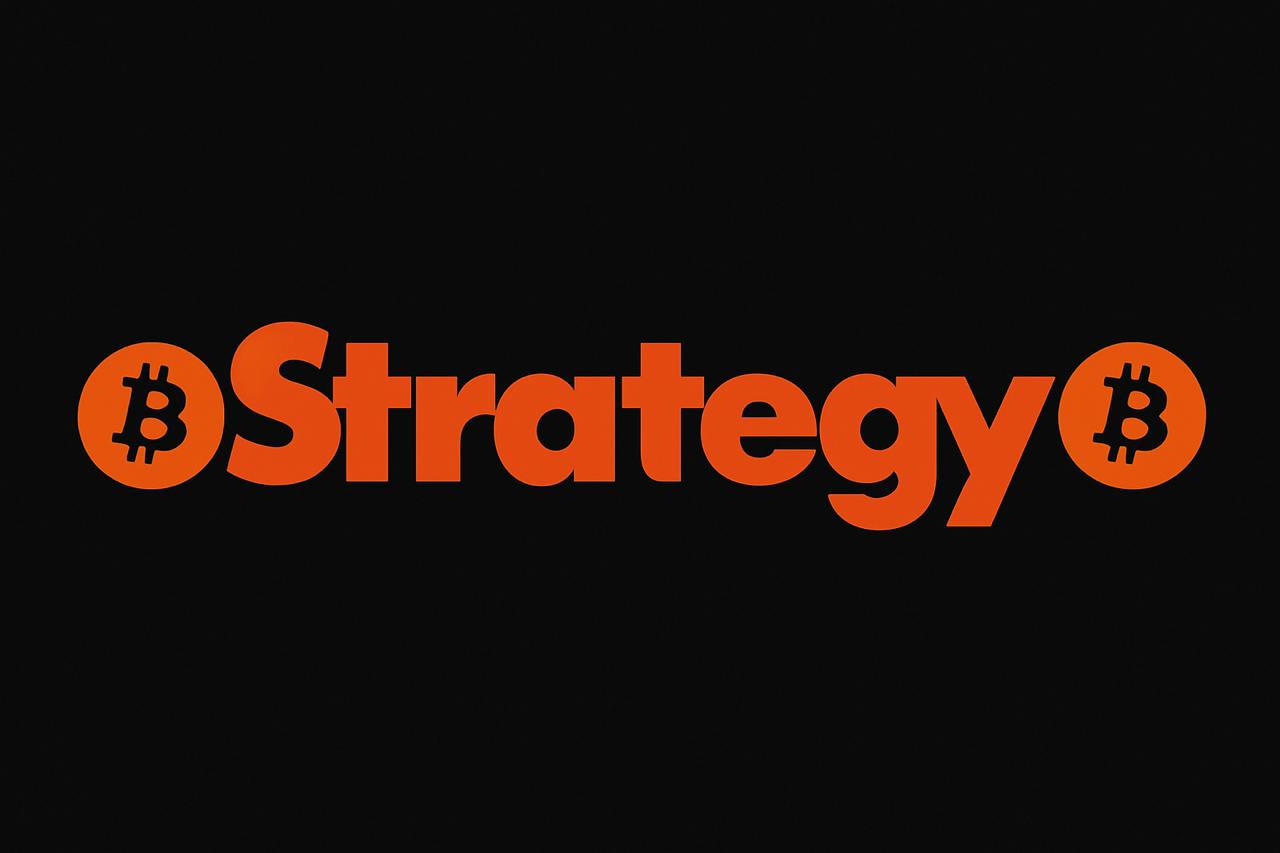In a world where everyone seems to be shouting about their on-chain reserves like they’re announcing the birth of a new puppy, Michael Saylor is here to remind us that sometimes, silence is golden. Speaking on whether MicroStrategy would ever publish its group of on-chain reserves, Saylor made it clear that the conventional approach to proof of reserves is about as secure as a screen door on a submarine. 🚪💦
“A lot of people learned lessons from FTX, but not necessarily the lessons the institutional community needs to learn,” Saylor quipped, probably while shaking his head in disbelief. “The current method of publishing proof of reserves is insecure. It dilutes the security of the issuer, the custodians, the exchanges, and the investors. It’s a bad idea.” And by “bad idea,” he means it’s like trying to keep your secrets safe by posting them on a billboard. 🏙️
“Proof of Reserves” Is Not Proof of Liabilities
Saylor pointed out a fundamental flaw in the way proof of reserves is currently implemented in the crypto industry: it typically only shows assets, not liabilities. This incomplete picture, he argues, gives a false sense of security while introducing new vulnerabilities. It’s like showing off your shiny new car while ignoring the fact that you’re still making payments on your 1995 Honda Civic. 🚗💸
“Most of what’s being presented as proof of reserves is actually just proof of assets. It doesn’t reflect the liabilities, and that matters a lot. If you’re not proving both sides of the balance sheet, you’re not proving anything of real value.”
Public Wallet Addresses Invite Long-Term Security Threats
Beyond the accounting shortcomings, Saylor strongly warned against publicly revealing wallet addresses. He compared the practice to exposing personal financial data for an entire family. “It’s like publishing the addresses and bank accounts of all your kids—and their phone numbers—and thinking that somehow makes your family safer. It doesn’t. It puts them at risk.”
He explained that no serious enterprise security expert would ever advise making wallet addresses public. Why? Because it’s like leaving your front door wide open while shouting, “Come on in, everyone! I’ve got valuables!” 🏠🔑
“Ask an AI to list the security risks of publishing wallet addresses. You’ll get a 50-page book. This is not something any institutional-grade security team would endorse.”

A Call for Rethinking Crypto Security
Saylor’s comments make it clear that MicroStrategy has no intention of publishing its on-chain reserves under the current standards. He views the practice as incompatible with robust institutional security protocols and warns the industry to avoid being lulled into a false sense of transparency. “If we really care about crypto security, we need to rethink the framework entirely. Publishing wallet addresses is not the solution.”
Read More
- 50 Goal Sound ID Codes for Blue Lock Rivals
- Quarantine Zone: The Last Check Beginner’s Guide
- 50 Ankle Break & Score Sound ID Codes for Basketball Zero
- Ultimate Myth Idle RPG Tier List & Reroll Guide
- Mirren Star Legends Tier List [Global Release] (May 2025)
- Lucky Offense Tier List & Reroll Guide
- Basketball Zero Boombox & Music ID Codes – Roblox
- Every House Available In Tainted Grail: The Fall Of Avalon
- Master the Pitch: Rematch Controls – Keyboard & Controller (Open Beta)
- How to use a Modifier in Wuthering Waves
2025-05-27 19:55